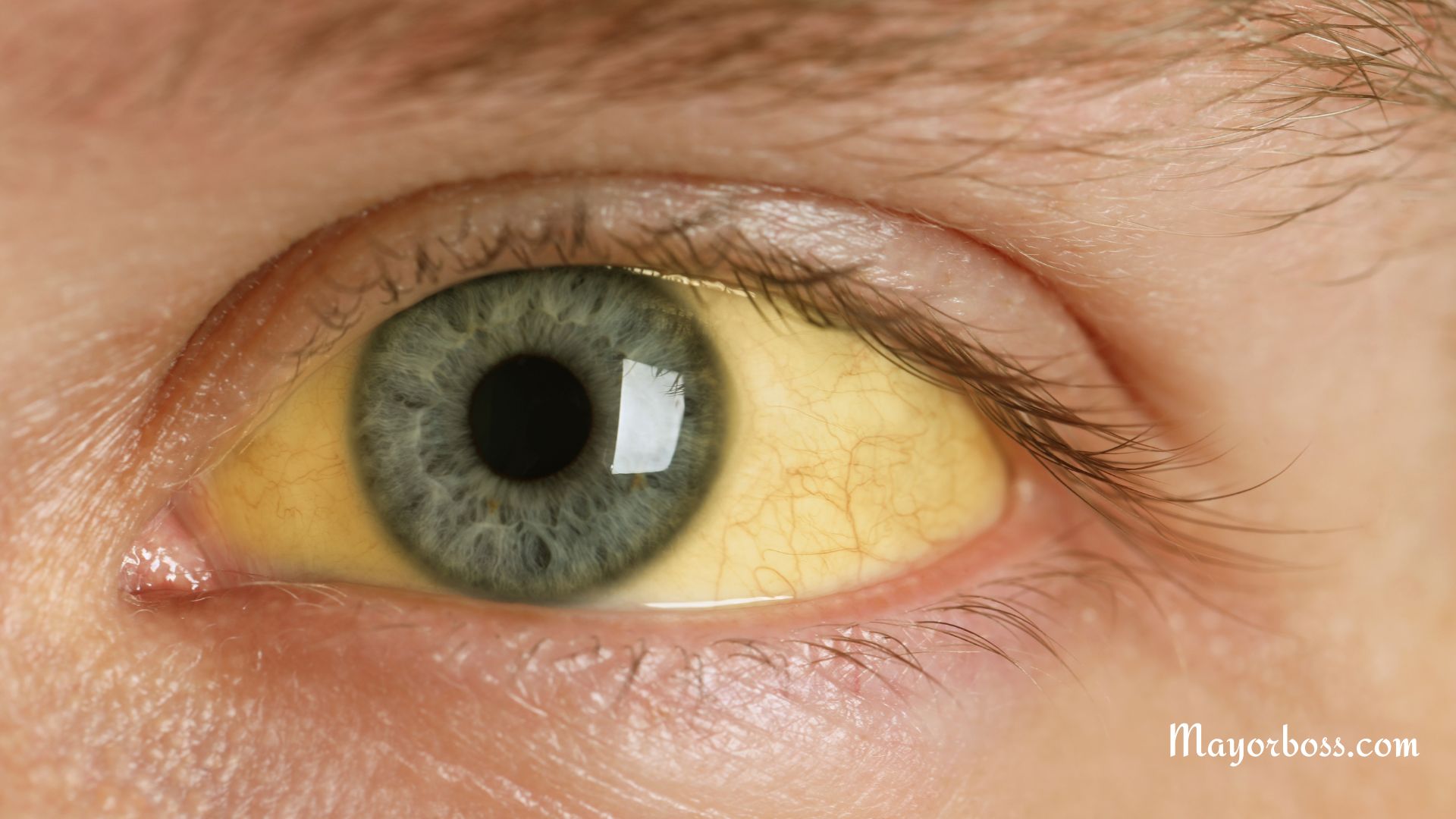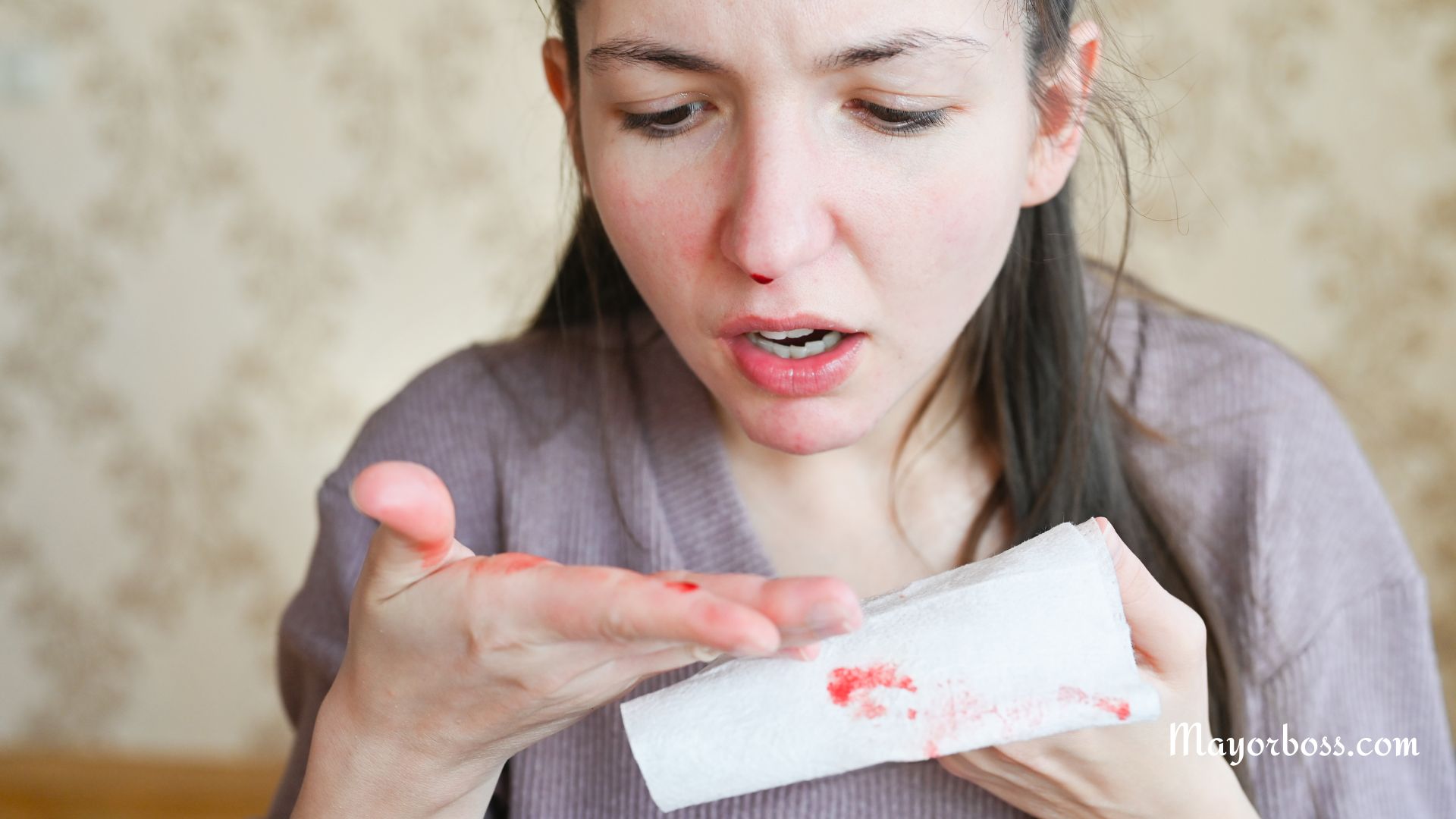What Causes Night Sweats in Men?
Night sweats in men, characterized by excessive sweating during sleep, can be both uncomfortable and concerning. You might wake up in the middle of the night, sheets drenched, despite a comfortable room temperature. While women often attribute night sweats to menopause, the causes in men can be more elusive. Understanding the potential triggers can help you address this night-time nuisance effectively.

Common Causes of Night Sweats in Men
- Anxiety or Stress: Persistent worry, fear, and tension before bed can increase your body’s temperature and sweat production, hence leading to sweats during the night.
- Hyperhidrosis: This condition causes excessive sweating, even during sleep.
- Alcohol and Substance Use: Regular consumption of alcohol or drug use can lead to night sweating.
- Diet: Spicy foods and caffeine, especially when consumed later in the day, can trigger sweating during sleep.
- Sleep Apnea: This sleep illness, characterized by pauses in breathing, often leads to night sweating.
- Low Testosterone: A decrease in testosterone levels, common in older men, can lead to night sweats.
- Hyperthyroidism: An overactive thyroid gland can disrupt your body’s heat regulation, causing excessive sweating.
- Tuberculosis: This serious infection is a well-known cause of night sweats.
- HIV/AIDS: Night sweats can be an early symptom of HIV infection.
- Prescription Drugs: Certain medications, including antidepressants, diabetes medications, steroids, and hormone therapies, list night sweats as a side effect.
- Over-the-Counter Medications: Some common drugs, like aspirin or acetaminophen, can cause sweating when taken in large doses.
- Cancer: Night sweats can be an early manifestation of some cancers, particularly lymphoma.
- Gastroesophageal Reflux Disease (GERD): Acid reflux can cause discomfort and night sweats.
Identifying the Cause
To pinpoint the cause of your night sweats, consider these questions:
- Are you experiencing other symptoms? Fever, weight loss, or local pain might indicate a specific condition.
- Have you started new medications? Check if night sweats are a known side effect.
- Have there been changes in your lifestyle? Consider recent changes in diet, exercise, or stress levels.
When to See a Doctor
It’s important to consult a healthcare professional if:
- Night sweats are frequent and severe.
- You’re experiencing additional symptoms like unexplained weight loss or fever.
- The night sweats are affecting your quality of life and sleep.
Managing Night Sweats
While addressing the underlying cause is crucial, here are some tips to manage night sweats:
- Maintain a Cool Environment: Keep your bedroom cool and use breathable bedding.
- Wear Light Clothing: Opt for lightweight, moisture-wicking sleepwear.
- Stay Hydrated: Drink plenty of water throughout the day.
- Avoid Triggers: Limit alcohol, caffeine, and spicy foods, especially before bedtime.






